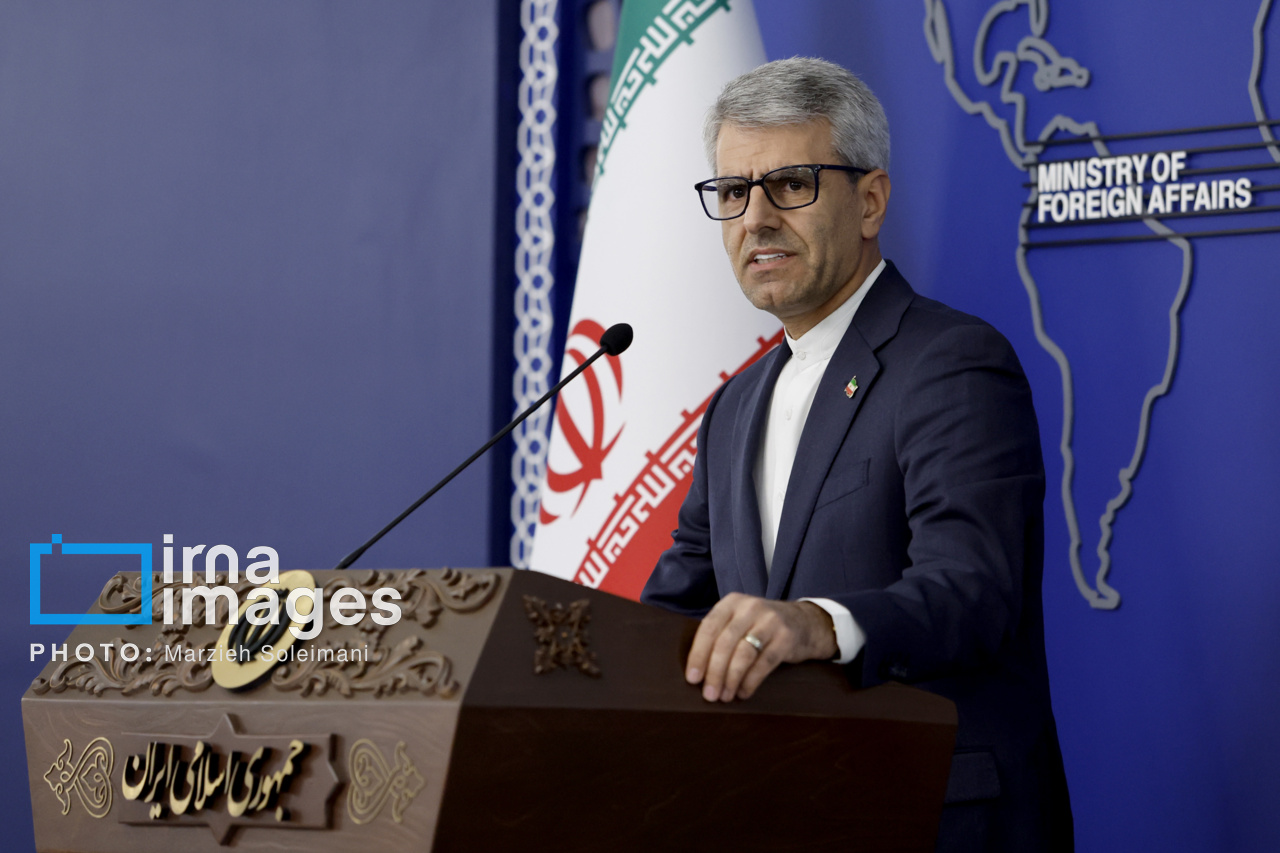ARTICLE AD BOX
A NEW poll predicts France could see its first far-right Government since World War Two as Marine Le Pen’s party takes pole position.
An initial result in the snap election – called by President Emmanuel Macron on June 9 – could be announced in a matter of hours after polls closed this evening.
 AFP
AFP AP
AP Rex
RexIt comes as Europe is on the brink of a right-wing romp following the European Parliament elections.
Le Pen’s National Rally (RN) party is leading the first round of the French parliamentary elections with around 34% of the votes, pollsters have said.
The left wing New Popular Front (NFP) coalition was seen coming in second with around 29%, ahead of President Macron’s centrist bloc in third spot with between 20.5-23%.
Elabe said in an estimate for BFM TV that the National Rally and its allies could win between 260-310 parliament seats in the second voting round on July 7, while Ipsos projected a range of 230-280 seats for RN and its allies in a poll for France Television.
289 seats are needed for an absolute majority in the National Assembly, France’s lower house of parliament.
Le Pen has addressed cheering supporters in her northern constituency of Henin-Beaumont.
“Democracy has spoken and the French have put the RN and its allies at the top, practically wiping out the Macron camp,” she said.
She added that people clearly want to “turn the page after seven years of scornful and corrosive rule” and asked people to vote for the RN again next Sunday in the second round.
“We need an absolute majority so that [RN President] Jordan Bardella can be appointed prime minister in a week’s time,” she adds.
However, opposition parties are prioritising blocking the prospect of the far right taking power.
Less than an hour after polls closed this evening, attentions turned to second round.
Dozens of three-way races are expected, with the leaders considering when to tactically withdraw third-placed candidates.
Jean-Luc Melenchon, who heads the hard-left France Unbowed party, has just said: “Nowhere will we allow the [far-right] National Rally to win.”
Macron had called the vote, hoping NR’s triumph in the European election three weeks ago would prove to be a flash in the pan.
But with Le Pen and Bardella potentially having increased their share of the vote again, with the President among leaders calling for tactical voting.
The second round, next Sunday, will be the “most consequential” since the Fifth Republic was established in 1958, said Bardella.
In an address to the nation from the Elysee presidential palace, Macron said on announcing the election: “I’ve decided to give you back the choice of our parliamentary future through the vote. I am therefore dissolving the National Assembly.
“This decision is serious, heavy. But it is above all an act of confidence.”
 AFP
AFP EPA
EPAEUROPE ON BRINK OF RIGHT-WING ROMP
THE four-day European Parliament elections are threatening to shake the EU to its core with right-wing parties making big gains in France, Italy, Germany and other countries.
Even though centrist parties kept an overall majority, across the bloc far-right parties notched a string of high-profile wins such as France, Italy and Austria.
The rise of the far-right saw French President Emmanuel Macron calling for a snap French election after suffering a heavy defeat to Marine Le Pen’s far-right party.
Macron announced that he would dissolve the National Assembly after Marine Le Pen‘s National Rally gained 31.5 per cent of the popular vote – double that of Macron’s Renaissance coalition.
Meanwhile, in Germany, support for Olaf Scholzs centre-left Social Democrats sank to a projected 14 per cent, behind the fiercely anti-immigrant Alternative for Germany, which surged into second place.
It was the centre-right CDU that came out victorious with 30% of the votes.
The same tone prevails in other European countries with nationalist parties dominating general elections.
In Belgium, the Prime Minister’s liberal party suffered a big hit leading Alexander De Croos to resign and sparking coalition talks to form a new government.
Despite polls predicting that the far-right, anti-immigration Vlaams Belang party would become the main political force in the country the right-wing nationalist New Flemish Alliance (N-VA) retained its first spot, with an expected 22 per cent of the votes.
De Croos’s party took less than 7 cent of the vote in the general election in a humiliating blow.
In Italy, Giorgia Meloni’s party won more than 28 per cent of the national vote for the EU assembly, which would make it a key player in forming future alliances.
European Commission President Ursula von der Leyen, whose centre-right European People’s Party (EPP) scored top place vowed: “We will build a bastion against the extremes from the left and from the right.”
.png)
 4 months ago
6
4 months ago
6


.jpg)





 English (US)
English (US)